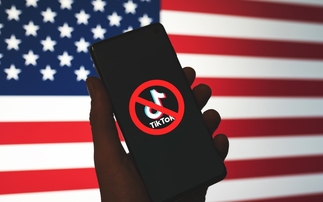ICO will call on government to reform UK data protection laws - probably to mirror GDPR
The UK's decision to leave the European Union in yesterday's referendum will mean that the upcoming EU reforms to data protection law will not directly apply to the UK, according to the Information...
To continue reading this article...
Join Computing
- Unlimited access to real-time news, analysis and opinion from the technology industry
- Receive important and breaking news in our daily newsletter
- Be the first to hear about our events and awards programmes
- Join live member only interviews with IT leaders at the ‘IT Lounge’; your chance to ask your burning tech questions and have them answered
- Access to the Computing Delta hub providing market intelligence and research
- Receive our members-only newsletter with exclusive opinion pieces from senior IT Leaders






















